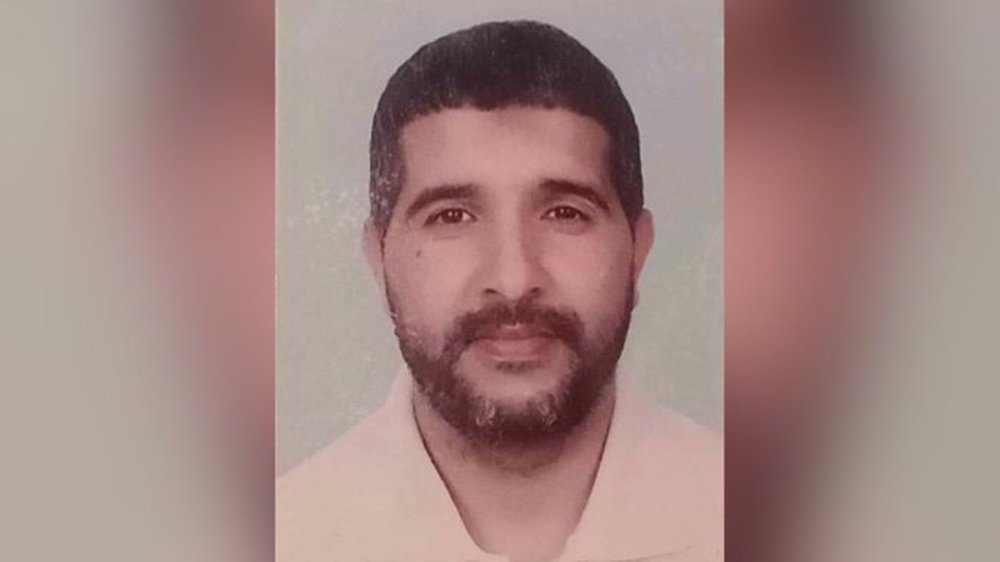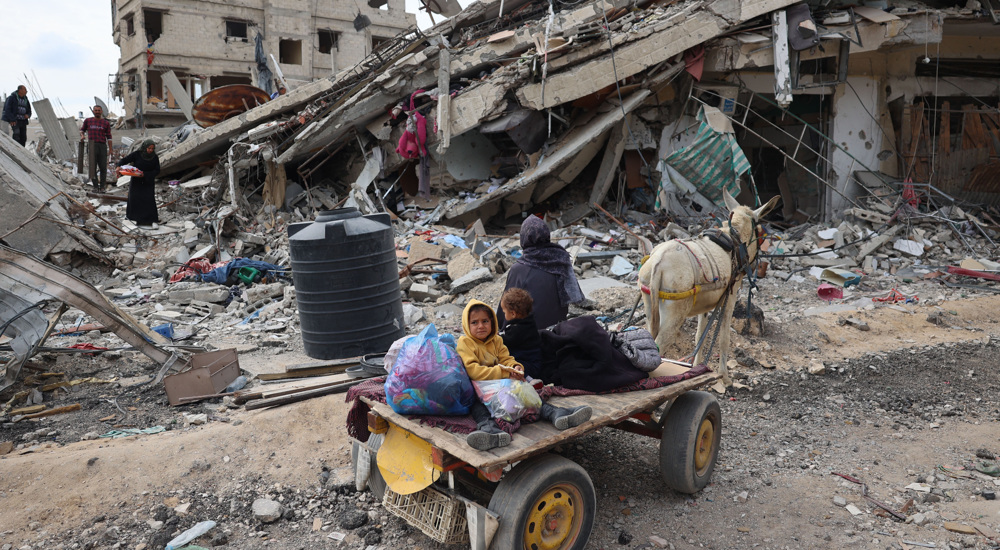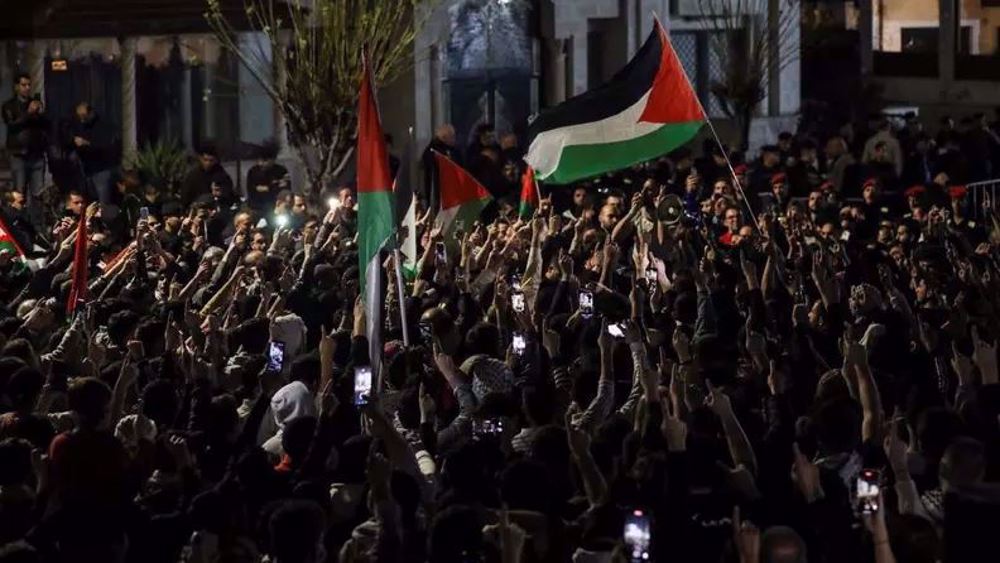Libya talks continue despite clashes: UN envoy
The United Nations special envoy to Libya says the country’s warring factions continue to negotiate despite the recent outbreak of clashes in the country.
"For the moment, no one is leaving. We have had a difficult moment," said Bernardino Leon on Sunday, adding, "After these attacks there was a possibility either to cancel the dialogue or to lose some of the delegations, which would have had a similar impact."
He stated that there are some hardliners in both sides of the Libyan conflict who prefer a military solution to a diplomatic one.
The talks are "intended to isolate a minority of them who are against the dialogue, who are against the political solution and bring together a majority of both camps to work against those spoilers," Leon pointed out.
The UN official also said that the international community is trying to play a more active role to end deadly clashes in Libya as the rising threat of the ISIL Takfiri terrorist group looms large over the Arab country.

He also expressed hope that the two sides would agree to establish a national unity government and arrange security issues on Monday or Tuesday.
"The documents... might be ready soon, maybe tomorrow or after tomorrow and then we expect to start the next stage of the talks," Leon went on to say.
On Saturday, Libya’s internationally recognized government announced that the army has started an operation to recapture the capital city of Tripoli from armed militants despite the ongoing negotiations between the representatives of the government and the militants in the Moroccan coastal town of Skhirat.
Source of conflict
Libya has two rival camps vying for control of the country, with one controlling Tripoli, and the other -- Libya’s internationally recognized government -- in control of the cities of Bayda and Tobruk.
Libya’s government and elected parliament moved to the eastern city of Tobruk after an armed group based in the northwestern city of Misrata seized Tripoli and most government institutions in August 2014.

Libya plunged into chaos following 2011 uprising against the dictatorship of Gaddafi. The ouster of Gaddafi gave rise to a patchwork of heavily-armed militias and deep political divisions.
The country has been witnessing numerous clashes between government forces and rival militia groups, which refuse to lay down arms.
ISIL enters the equation in Libya
The presence of ISIL Takfiri terrorists in Libya has further complicated the situation in the violence-wracked North African country.
The terrorist group, which controls some regions in Iraq and Syria, has also launched operations in Libya.
In February, 45 people were killed and dozens of others injured in ISIL’s triple bomb explosions that struck Libya’s northeastern city of al-Qubah.

In the same month, the Takfiri group also released a video showing the beheading of 21 Egyptian Christians in Libya. The victims had reportedly been abducted in Libya's northern coastal city of Sirte in two attacks in December and January.
FNR/NT/AS
VIDEO | UK govt. Rwanda bill denounced as 'state-sponsored people trafficking'
VIDEO | Iran president visits Lahore, Pakistan’s cultural hub
North Korea: US military drills drive regional security into turmoil
UN agency chief for Palestinians urges probe into staff killings
200 days of Israeli war on Gaza and 200 headlines whitewashing genocide
VIDEO | 200 days of US-Israeli genocide
Iran’s security chief in Russia to underline Israel’s aggression
VIDEO | Smoke rises from Gaza as fighting continues










 This makes it easy to access the Press TV website
This makes it easy to access the Press TV website